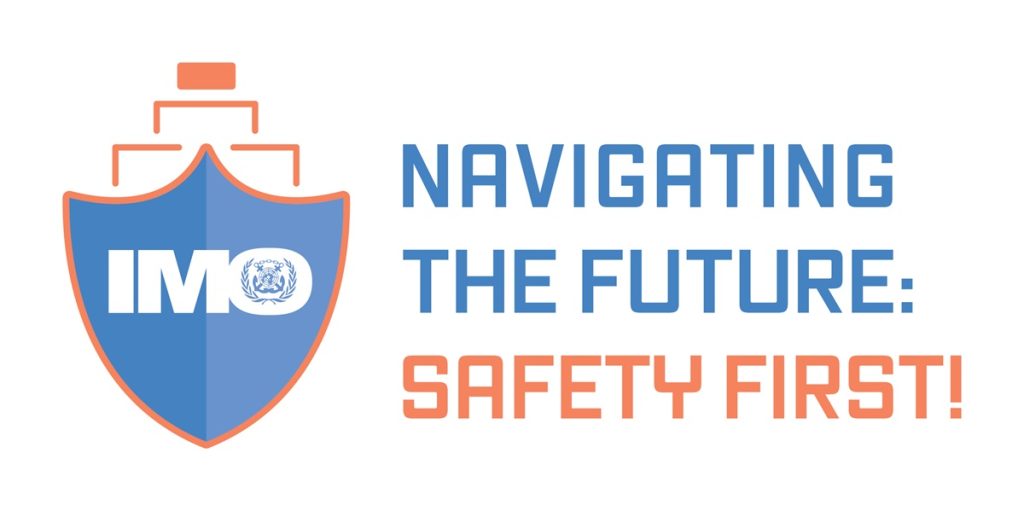World Maritime Day is celebrated on September 26 each year to highlight the significance of shipping and maritime activities and to spotlight a particular aspect of the International Maritime Organisation (IMO) ‘s work.
International shipping plays a crucial role, moving over 80% of global trade to communities around the world. This underscores the need for a safe, secure, and efficient shipping industry to support future sustainable economic growth. The IMO, as a key player, is dedicated to promoting sustainable shipping practices and maritime development by setting global standards, improving energy efficiency, and enhancing maritime security.
The theme for World Maritime Day 2024, “Navigating the Future: Safety First,” reflects the IMO’s commitment to advancing maritime safety and security. It also emphasises the importance of protecting the marine environment while adapting regulatory frameworks to keep pace with rapid technological advancements and innovation.

IMO Secretary-General Kitack Lim said: “This theme will allow us to focus on the full range of safety regulatory implications arising from new and adapted technologies and the introduction of alternative fuels, including measures to reduce GHG emissions from ships as IMO strives to ensure the safety and efficiency of shipping are maintained, and potentially improved so that the flow of seaborne international trade continues to be smooth and efficient.”
Safety has been central to all of IMO’s activities since the Organisation was established in 1948. The regulatory framework continually evolves to address emerging gaps and to anticipate changes required for new technologies and innovations. A notable example is the ongoing development of a goal-based Code for maritime autonomous surface ships (MASS Code).
In 2024, we celebrate 50 years since the adoption of the 1974 SOLAS Convention, the key IMO treaty governing maritime safety. The shipping industry is being transformed by digitalisation and automation, which introduce new technologies that enhance safety, security, and efficiency, while optimising performance, reducing environmental impact, and ensuring sustainability.
These advancements are improving the shipping industry’s overall effectiveness and competitiveness, enabling more efficient ship design, construction, and operation. They also facilitate handling more cargo, cutting costs, and boosting customer satisfaction.
The theme is closely aligned with the UN 2030 Agenda for Sustainable Development and several of the UN’s Sustainable Development Goals (SDGs). Specifically, it supports SDG 7 on ensuring access to affordable, reliable, sustainable, and modern energy through clean energy research and technology; SDG 8 on promoting sustained, inclusive, and sustainable economic growth, productive employment, and decent work for all; SDG 9 on building resilient infrastructure, fostering inclusive and sustainable industrialisation, and driving innovation; SDG 13 on taking urgent action to combat climate change and its impacts; and SDG 14 on conserving and sustainably using the oceans, seas, and marine resources for sustainable development.


